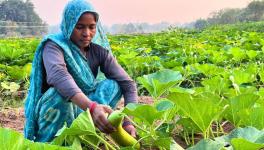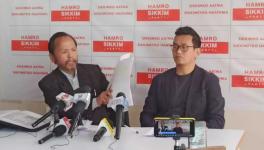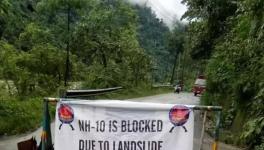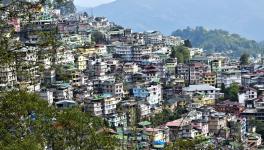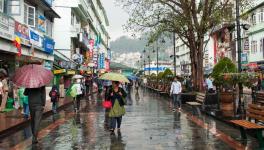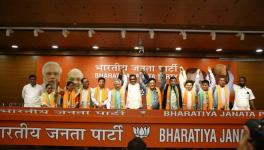Sikkim Withdraws Bill on Non-Organic Import Ban
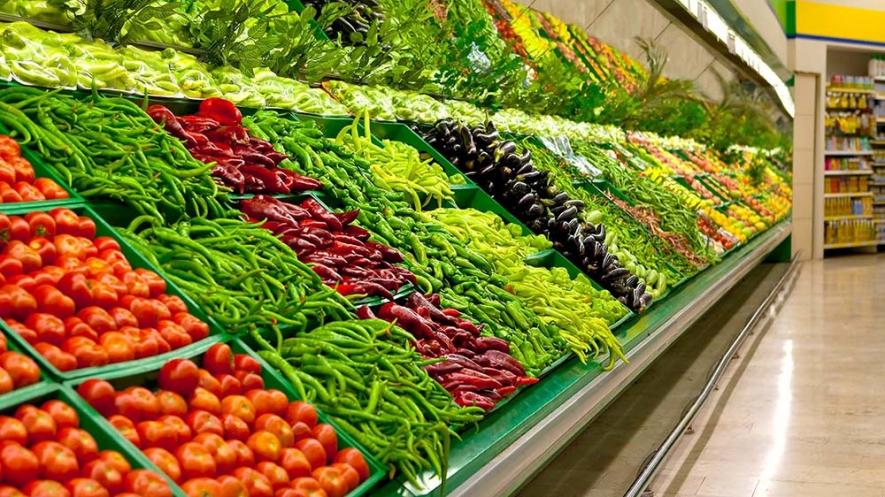
Image Courtesy: Franchise India
In December last year, the Sikkim state cabinet approved a list of agricultural and horticultural goods whose import would be banned. In a surprise move on January 29, the Government of Sikkim withdrew the Bill which was to be introduced in the house on January 30. The Bill in question, the Sikkim Non-Organic Agricultural and Horticultural Commodities (Prohibition and Regulatory) Bill, 2018 was withdrawn by the Agriculture Minister, Somnath Poudyal. When the Bill was to be tabled the Agriculture Minister sought to withdraw it. He later stated technical issues with the Bill when asked by reporters on the reason for its withdrawal.
Though the Bill has been withdrawn it is likely to resurface during the Budget Session in March. A senior state government official mentioned that the draft Bill was flawed and required several large-scale changes, which would not be possible in a short time.
Wholesale vegetable vendors were apprehensive about the Bill particularly as they felt the current levels of production would not be able to satisfy the local demand. Even during the lean season, they source vegetables from outside the state, including many of those on the list. The decision of the state cabinet had also faced flak from the former Mayor of Gangtok, K. N. Topgay when he stated that it would take between two to three years before Sikkim could begin talking about self-sufficiency in agriculture.
The policy of the Government of Sikkim with regards to banning the import of non-organic commodities is protectionist at best. Thought the various Ministers and officials have spoken at length about the health benefits of ‘organic’ produce, there is no scientific basis for such claims. Those who would be most affected by this policy will be the big traders in Siliguri, from where the vegetables are brought. The issue for Sikkim is not about whether organic is better or not, but whether the current levels of food production can feed the state, as well as the tourists upon whom a significant section of the population relies on for income. During the peak season, the number of tourists rivals the numbers of the locals.
Get the latest reports & analysis with people's perspective on Protests, movements & deep analytical videos, discussions of the current affairs in your Telegram app. Subscribe to NewsClick's Telegram channel & get Real-Time updates on stories, as they get published on our website.









